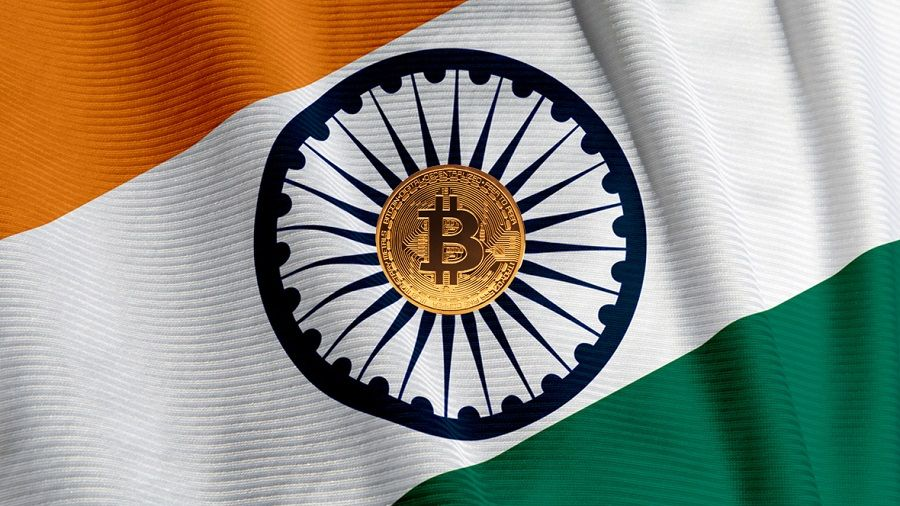The European stock markets ended Tuesday’s session mainly with gains, reversing the losses recorded earlier, with investors, however, continuing to closely monitor the euro-dollar exchange rate and macroeconomic data, while also waiting for data on the US inflation on Wednesday.
It is noted that earlier on Tuesday, the common European currency slipped to absolute parity with the US, as the euro comes under pressure from the eurozone energy supply crisis and the economic problems affecting the Old Continent. The euro was down 0.4% at 1-to-1 against the dollar.
The last time the euro-dollar rate reached one-to-one was in December 2002. Since then the single European currency has followed an upward trend, with some fluctuations. A year ago it reached 1.18 against the dollar. But since last Wednesday it is heading towards 1:1. The lowest levels against the American currency were recorded by the euro on July 5, 2001 ($0.8380).
Afterwards, however, the euro recovered slightly to $1.006.
Amidst this climate, the pan-European Stoxx 600 managed to react, erasing its intra-session losses and even closing with gains of 0.49% at 417.04 points, with most sectors also ending the day on a positive note. The financial services sector led the rise, up nearly +2%, offsetting pressure from a decline in the oil and gas sector, which ended the day down 1.2%.
In individual stock markets, in Frankfurt the DAX index reversed intra-session losses and closed 0.57% higher, at 12,905.48 points, in Paris the CAC 40 followed a similar course and ended at 6,044.20 points, with an increase of 0.80% , while the FTSE 100 in London also recovered to finally close with a gain of 0.18%, at 7,209.86 points.
The reaction, however, failed to lift the Milan and Madrid stock markets as well, with Italy’s FTSE MIB continuing in negative territory and closing at 21,485.70 points, or 0.38% lower, and Spain’s IBEX 35 to finish at 8,014.80 units, with losses of 0.62%.
In individual shares, EDF closed up nearly 6 percent after two sources told Reuters the French government is ready to pay more than 8 billion euros to bring the energy giant back under full state control. The French government announced last week that it would nationalize the company. He already owns 84% of the business.
Later in the day, investor confidence in Germany fell to its lowest level since 2011 as the country faces the growing prospect of a recession and growing risks of being cut off from Russian energy supplies, according to Bloomberg. Snapping two months of gains, the ZEW Institute’s expectations index fell to -53.8 in July, missing economists’ estimates.
Source: Capital
I am Sophia william, author of World Stock Market. I have a degree in journalism from the University of Missouri and I have worked as a reporter for several news websites. I have a passion for writing and informing people about the latest news and events happening in the world. I strive to be accurate and unbiased in my reporting, and I hope to provide readers with valuable information that they can use to make informed decisions.







